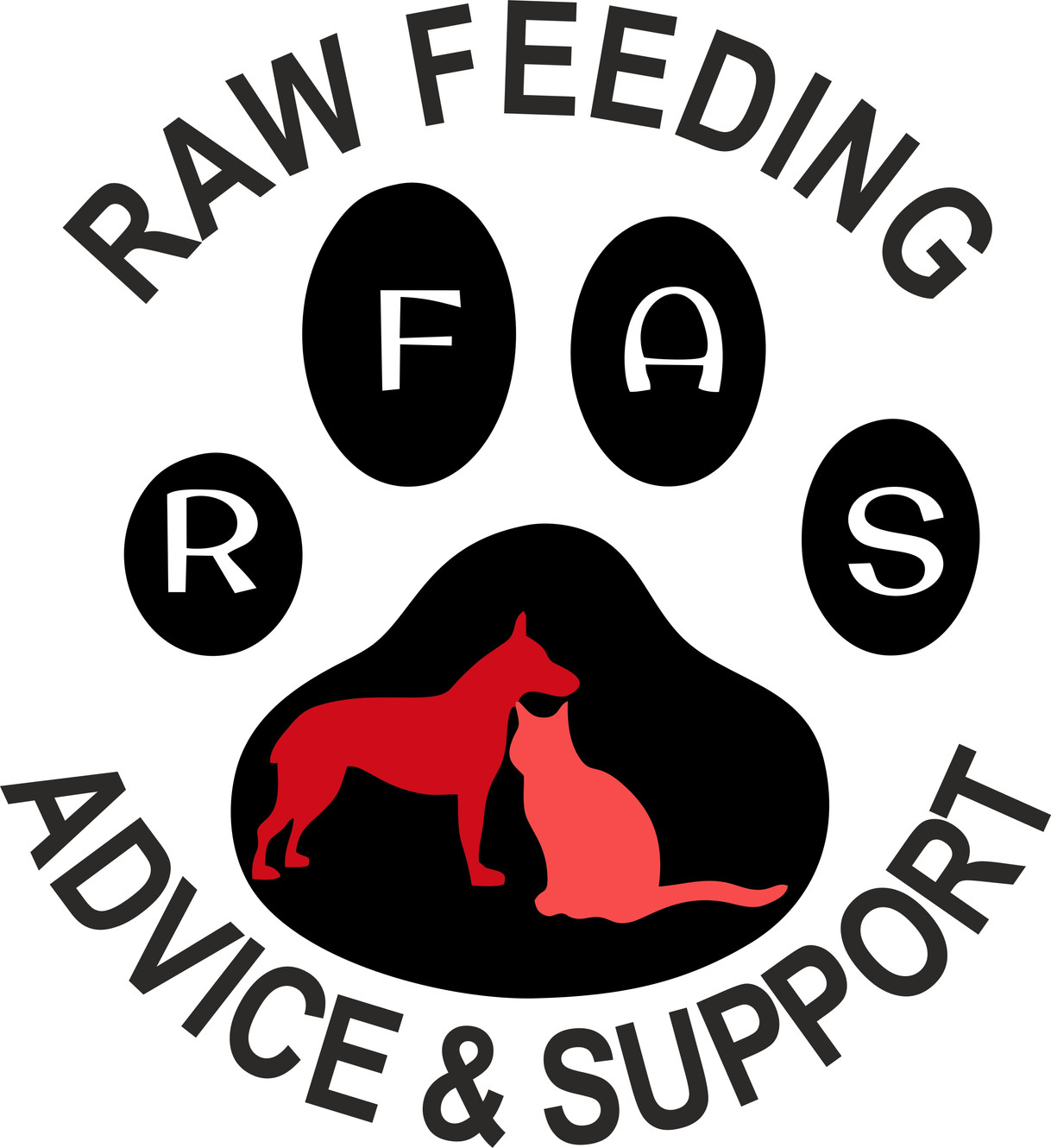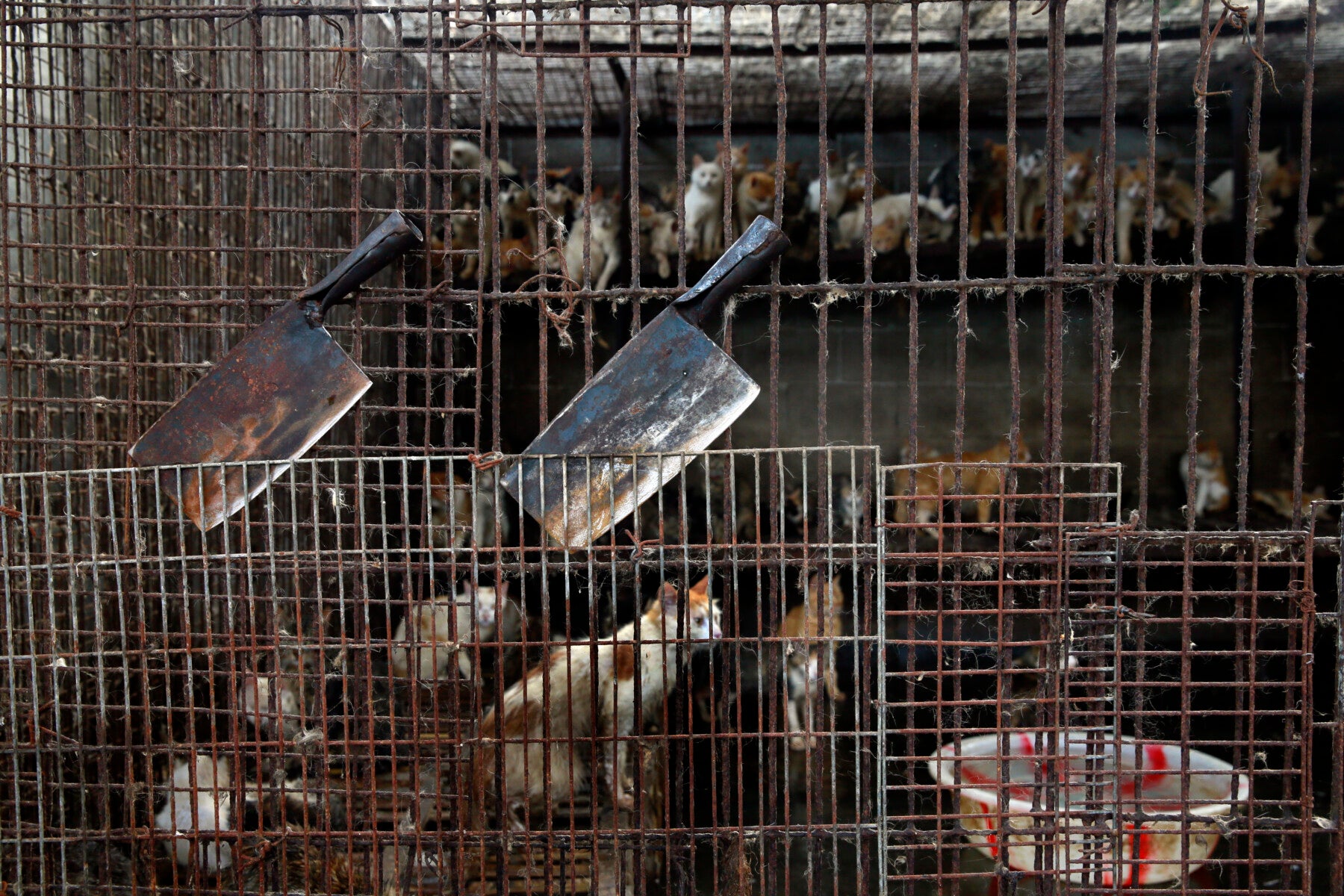Ahead of China’s Yulin dog meat “festival,” a new survey reveals fewer than 20% of Yulin residents oppose a dog and cat meat ban and 70% say a ban would have no significant impact on their lives
Yulin’s dog and cat slaughter must end, says Humane Society International
Humane Society International
—With the summer solstice approaching on June 21, when the slaughter of thousands of dogs (and cats) for meat begins in the city of Yulin, south China, a new
survey shows that only a small proportion of Yulin residents (19.3%) oppose a ban on the brutal trade, while 70% say a ban would have no or no significant impact on their lives. Significantly more respondents (81%) did not express an objection to a ban when asked if Yulin should follow in the footsteps of mainland Chinese cities like Shenzhen that implemented a dog and cat meat ban in 2020.
The survey conducted by Chinese polling company
Suzhou Zhongyan Science and Technology Inc was commissioned by Vshine, the Chinese partner group of Humane Society International which campaigns globally to end Asia’s dog meat trades. HSI and Vshine hope the survey results will demonstrate to the Yulin government that there is broad support for taking enforcement action to eliminate the dog and cat meat trades, which are largely sustained by a small but vocal minority of dog meat traders.
Despite Yulin’s reputation for being a dog and cat meat hotspot, the survey results reveal that most Yulin residents (73%) only consume dog or cat meat very occasionally, and 18% of residents never consume it at all.
Survey results summary:
- The majority of Yulin residents (73%) only occasionally eat dog or cat meat (once or several times a year). Relatively few people (24%) eat it regularly (at least once per week or month).
- 18% of Yulin residents eat neither dog nor cat meat.
- Significantly more respondents (81%) did not express an objection to a ban in Yulin on the dog and cat meat trades (16.3% agree with a ban, 22.3% don’t object to a ban, 42.1% have no opinion on a ban), compared to those who oppose a trade ban (19.3%).
- Only 19.3% of Yulin residents disagree with a ban on dog and cat meat sales.
- 70.3% of residents say a Yulin ban on the dog/cat meat trade would have no impact (17.3%) or no significant impact (53%) on the lives of them or their families.
- Only 21.3% said a ban would have a negative impact.
- 67% of those who eat dog meat, consume it in restaurants or places other than the home, confirming that dog meat is not a household food.
Dr Peter Li, China policy specialist for Humane Society International, which supports the care of dogs rescued from China’s meat trade, said: “The brutal slaughter of dogs and cats in Yulin is ethically indefensible and is the source of significant discord nationally. These survey results show that most people in Yulin don’t oppose government action to eliminate the dog and cat meat trade or feel such action would have a significant impact on their lives. We hope the Yulin authorities feel emboldened by this survey to use existing laws to crack down on the Yulin dog meat festival, consistent with the actions of cities like Shenzhen and Zhuhai that have banned the dog and cat meat trades and in accordance with national policy that does not recognize dogs and cats as animals for human consumption. For too long, Yulin has been held hostage by a small but vocal minority of dog and cat meat traders who clearly don’t represent the majority of Yulin residents. Dog and cat eating hotspots in south China not only cause suffering to tens of millions of dogs and cats but also jeopardize China’s anti-rabies control efforts by allowing the mass movement across the country of dogs and cats of unknown disease and vaccination status. It’s time to put an end to this misery.”
Thousands of dogs and cats are brutally slaughtered for human consumption in Yulin for the summer solstice, but this represents just a fraction of the year-round trade across China. Most of these animals are stolen pets and strays grabbed from the streets. Over the years, the Yulin authorities have attempted several crack downs on the trade, including roadblocks to stop trucks entering the city packed full of live dogs and cats. In 2020 the two major cities of Shenzhen and Zhuhai implemented bans on the consumption of dog and cat meat, and China’s Ministry of Agriculture and Rural Affairs made an official statement that dogs are companion animals and not “livestock” for eating. Despite this progress, the authorities in Yulin have not implemented robust measures to ban the trade, even though the supply of dogs and cats relies primarily on criminal activity.
Fast fact:
- Yulin’s so-called Lychee and Dog Meat Festival is not a traditional event. It was launched in 2010 by dog meat traders in an attempt to encourage dog meat eating and boost sales. Prior to 2010, Yulin had no history of commercial dog or cat meat sales.
- A 2016 survey showed that 69.5% of people across China have never eaten dog meat.
- Summertime also sees an increase in dog meat eating in South Korea where dog meat soup or “bosintang” is often eaten by older citizens to beat the heat. Opinion polls show that the majority of South Koreans (87.5%) either do not consume dog meat or don’t intend to in the future. Both President Yoon Suk-yeol and first lady Kim Keon-hee have expressed support for an end to the practice.
- Dog meat is banned in Hong Kong, Taiwan, Thailand, Singapore and the Philippines, as well as in the cities of Shenzhen and Zhuhai in mainland China, Siem Reap province in Cambodia, and in 21 cities and regencies in Indonesia. An estimated 30 million dogs a year are still killed for meat across Asia.
Download photos and video of
Yulin over the years
—With the summer solstice approaching on June 21, when the slaughter of thousands of dogs (and cats) for meat begins...

www.hsi.org










